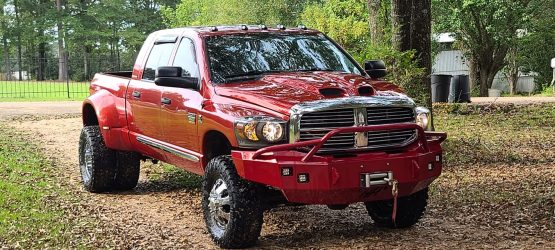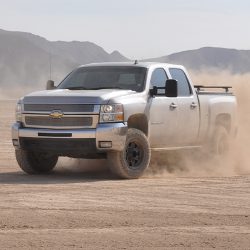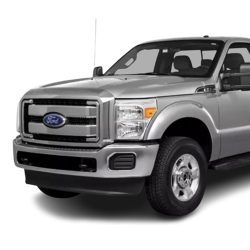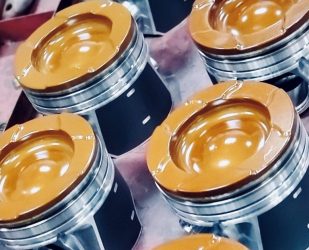A Guide to Different Engine Types
A vehicle can have the fanciest features, but its engine is the thing that truly defines it. For this reason, it’s not surprising that many truck and car enthusiasts prefer internal combustion engines to external combustion models. If you need diesel engine parts, maintenance and repairs, visit Choate Performance or call us at (901) 553-9847.
How do internal combustion engines work?
This engine, which consists of a fixed cylinder and a moving piston, works by expanding combustion gasses that push the piston, causing the crankshaft to rotate and the entire system of gears to drive the vehicle’s wheels.
What makes them different?
Since the fuel burns directly in the cylinder of internal combustion engines, they are more energy efficient than external combustion engines. Also, they experience a smaller heat loss and a higher thermal efficiency.
Other benefits of internal combustion engines:
- Their starting time is significantly shorter compared to external combustion engines
- Their smaller size makes them ideal for small power requirement applications
- Safer to operate
Diesel engines
There are two basic types of internal combustion engines that are currently in production: the compression ignition diesel engine and the spark ignition gasoline engine. While they use different fuel types and operate using different cycles, they mostly come with four-piston strokes.
Meanwhile, a diesel engine works by compressing air to high pressure and temperature, followed by injecting it with a small amount of fuel. The extreme temperature then causes the injected fuel to evaporate, which makes it 30-50% more energy efficient than gas engines.
And since there is no spark as the fuel auto-ignites, diesel engines are more rugged and reliable, plus they require lower maintenance costs than gas engines.
Inline or straight engine
This engine, which also falls under the category of internal combustion engines, comes with all its cylinders aligned in one row (which means having no offset) that appears like a straight line, which explains its name.
Wankel or rotary engine
Another type of internal combustion engine, the Wankel engine converts pressure into a rotating motion. As a result, it has a more uniform torque, more power (it packs a punch considering its size) and less vibration compared to other engine types.
In 1954, a German engineer named Felix Heinrich designed the Wankel engine with a specific purpose in mind: Create a new engine that wouldn’t have the same amount of vibrations as a piston engine.
Boxer Engine
When you look at a boxer engine, it stays true to its name–it has a boxy and flat appearance. Meanwhile, half of its pistons move in the opposite direction and away from the crank simultaneously, giving it a smoother operation. This is also lighter because there is no need to use a counterbalance since the engine creates its own balancing effect.
Final word
No matter what type of engine your vehicle uses, you need to keep up with the regular maintenance schedule (also called preventative maintenance) to extend its life, reduce wear and tear, and prevent costly repairs in the future.
If you’re looking for a hands-on solution to your diesel machine shop frustrations, visit Choate Performance Engineering Performance where you can also get a quote for our quality products and services that have made us one of the leading diesel engine shops in the country.





